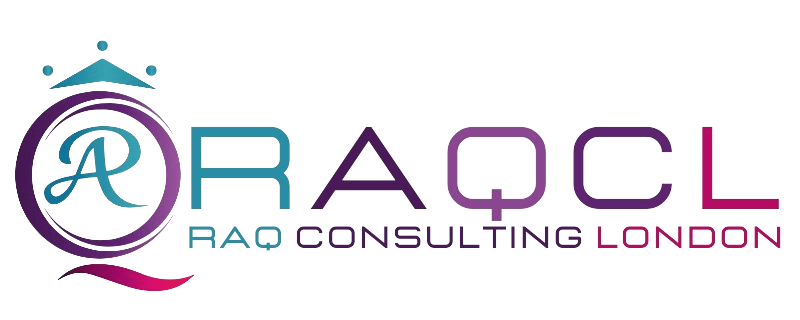[ad_1]
In today’s digital age, learning management systems (LMS) are becoming increasingly popular in the education sector. An LMS is a software application that allows educators to create, manage, and deliver educational content to students. It is a powerful tool that can help streamline the educational process and make it more efficient.
The primary benefit of an LMS is that it allows educators to easily create and manage course content. Educators can create course materials, assign tasks, and track student progress. This makes it easier for educators to keep track of student progress and ensure that students are staying on track. Additionally, an LMS can be used to deliver course materials to students in a variety of formats, such as text, audio, video, and interactive elements. This makes it easier for students to access and understand course materials.
An LMS also makes it easier for educators to assess student performance. Educators can use the system to create tests and quizzes, and track student performance. This makes it easier for educators to identify areas where students need additional help or guidance. Additionally, an LMS can be used to provide feedback to students, which can help them improve their performance.
Finally, an LMS can be used to facilitate collaboration between students and educators. Educators can use the system to create discussion forums, where students can ask questions and share ideas. This can help create a more engaging learning environment, and can help students learn more effectively.
Overall, an LMS can be a powerful tool for streamlining the educational process. It can help educators create and manage course content, assess student performance, and facilitate collaboration between students and educators. By using an LMS, educators can make the educational process more efficient and effective.
[ad_2]


